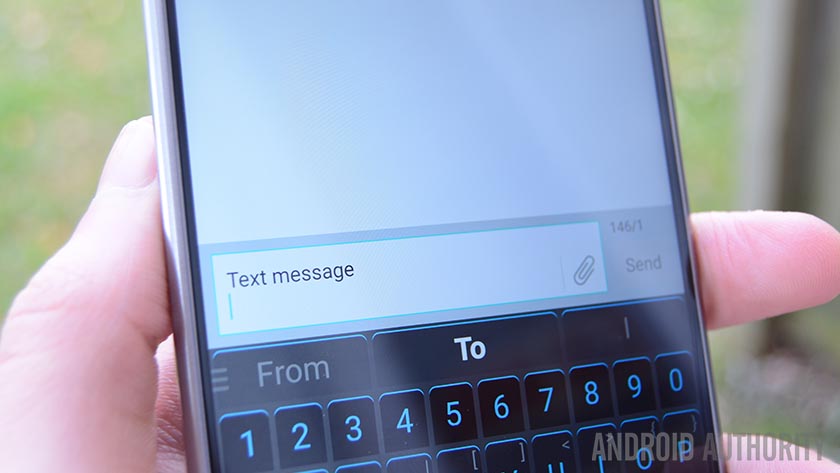Affiliate links on Android Authority may earn us a commission. Learn more.
Canadian court rules SMS messages are not necessarily private

The Ontario Court of Appeal recently ruled that the texts you send in private can be used against you in court. The ruling yet again brings up the question, “How do we distinguish a matter of security from an encroachment of one’s privacy?”
On August 7th, the Ontario Court of Appeal rejected Nour Marakah’s appeal that the text messages he had sent were unlawfully used against him. In a 2-1 decision, the court dismissed his appeal since he did not have a “reasonable expectation of privacy.”
You may be thinking, “OMG, the government’s going to read all my text messages from now on.” Well, not really. While some lawyers claim that this ruling could have far-reaching implications for end-users’ privacy, the context of the case provides a slightly different perspective.
Marakah, who was convicted of gun trafficking offences, argued that the use of his cellphone as evidence against him was a violation of his Charter rights. In pre-trial proceedings, his appeal was successful. What wasn’t successful was his claim that the use of his text messages sent to the co-accused as evidence was also unlawful.
Justice James MacPherson concluded that text messages that are already sent and received by the recipient are no longer under the control of the sender:
There is, in my view, a lack of empirical evidence to support a conclusion that senders of text messages have a presumptively reasonable expectation, from an objective standpoint, that their text messages will remain private in the hands of the recipient.
The underlying principle is that text messages are more akin to emails or letters, not phone calls. Some have questioned this reasoning by saying text messages are today’s form of phone calls and therefore should be provided with the same privacy protection. Marakah’s lawyers will appeal the decision to the Supreme Court of Canada, but whatever the final verdict may be, it probably isn’t necessary for you to madly forage for third-party messaging apps right now.
There are already precedents in Canada that protect your privacy when using text messages under regular circumstances. The police cannot request a service provider to share a user’s text messages, nor can they pretend to be an expected recipient to obtain evidence. But I guess if you’re doing stuff you shouldn’t be doing, you’re safer off using an app that uses encryption. Or you know, behave. Choice is yours.